Watching a child struggle at school has to be one of the hardest things to witness. In this episode of The Talking DLD Podcast, we’re joined by Professor Pamela Snow and Dr Charlotte Forwood who will help us understand how DLD can affect academic achievement.
About Professor Pamela Snow
Pamela Snow is a Professor of Cognitive Psychology in the School of Education at the Bendigo campus of La Trobe University, Australia.
Pamela is a registered psychologist, having qualified originally in speech-language pathology and has taught a wide range of undergraduate and postgraduate education and health professionals. Her research has been funded by nationally competitive schemes such as the ARC Discovery Program, ARC Linkage Program, and the Criminology Research Council, and concerns the role of language and literacy skills as academic and mental health protective factors in childhood and adolescence. She has conducted research on the profiles and needs of high-risk groups such as youth offenders, children and adolescents in the state care system and flexible education systems, as well as research advancing evidence in the language-to-literacy transition in the early years of school. In 2020, Pamela established, with her colleague, Associate Professor Tanya Serry, The Science of Language and Reading (SOLAR) Lab in the School of Education at La Trobe University.
Pamela’s research has been published in a wide range of international journals and she was a member of the 2017 National Year 1 Literacy and Numeracy Panel, convened by the Hon. Simon Birmingham, Federal Education Minister. She is a Life Member of Speech Pathology Australia and a past Victorian State Chair of the Australian Psychological Society. Pamela has over 170 publications, comprising refereed papers, books and book chapters, monographs and research reports. In addition to these academic outputs, Pamela writes a popular blog for teachers, parents, and clinicians: The Snow Report – https://pamelasnow.blogspot.com/ and is a founding Associate Editor of The Reading League Journal.
About Dr Charlotte Forwood
Charlotte is a dually registered Primary/Secondary Teacher and Certified Practising Speech Pathologist with experience working in government and independent schools in Australia and the UK. She has a particular interest in vocabulary development, language and literacy skills, Developmental Language Disorder, the Science of Learning, curriculum design and design thinking. Charlotte is currently the Director of Learning Design and Development at Camberwell Girls Grammar School, and a lecturer in the Learning Intervention Team at the University of Melbourne’s Graduate School of Education.
Charlotte is the co-designer and author of several books and programs, including ISV’s Secondary Schools and Middle Years Language Consultancy Programs, Small Changes for Big Impact: DLD – Supporting Primary and Secondary School Teachers, and Macmillan Education’s award-winning STEM Investigations.
Charlotte has presented at conferences and seminars locally, interstate and overseas in areas such as curriculum design, digital professional learning networks, transdisciplinary learning, vocabulary development, adolescent language & literacy, and Developmental Language Disorder. She enjoys tinkering with tech and helping students find their voice.
Charlotte is currently a global ambassador for Raising Awareness of Developmental Language Disorder (RADLD), Coordinator of the Eastern Melbourne branch of Think Forward Educators, Co-coordinator of the Secondary Teachers Network of Think Forward Educators, Co-coordinator of the Boroondara Gifted Network, and a learning designer for The DLD Project.
Resources discussed in this episode
Learn more about supporting Primary students with DLD
DLD can have a significant impact on a student’s ability to experience academic success, autonomy and relationships with others. This bespoke program has been purposefully designed for primary classroom teachers and offers both on demand and real-time online learning. This program combines current research with functional strategies to support primary school-aged students with DLD. Learn more about this course and register to attend HERE.

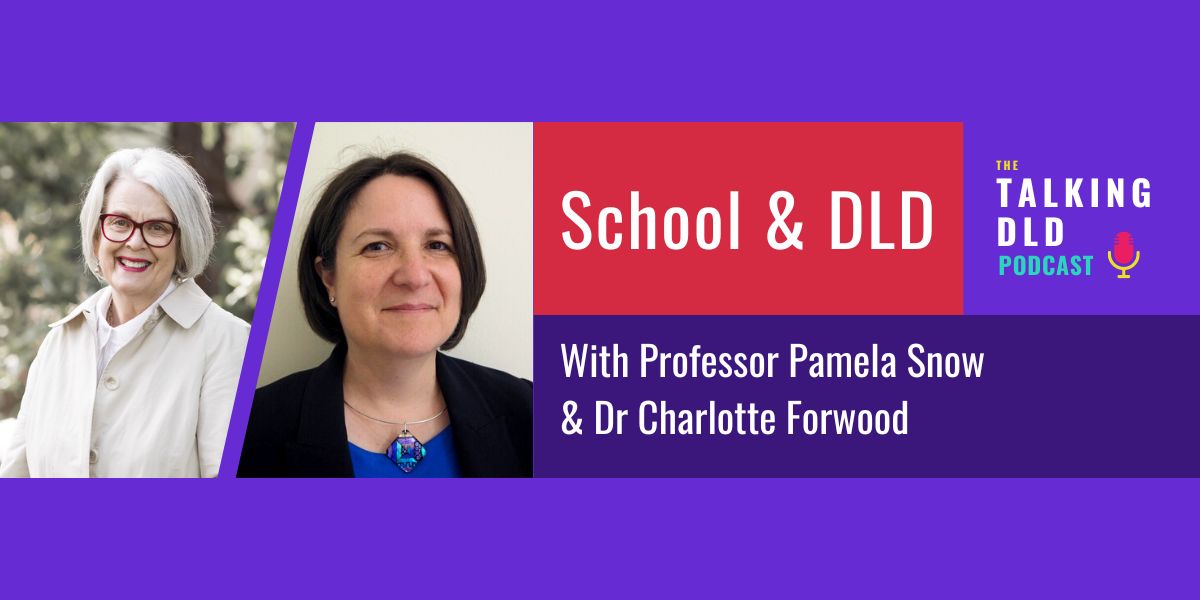
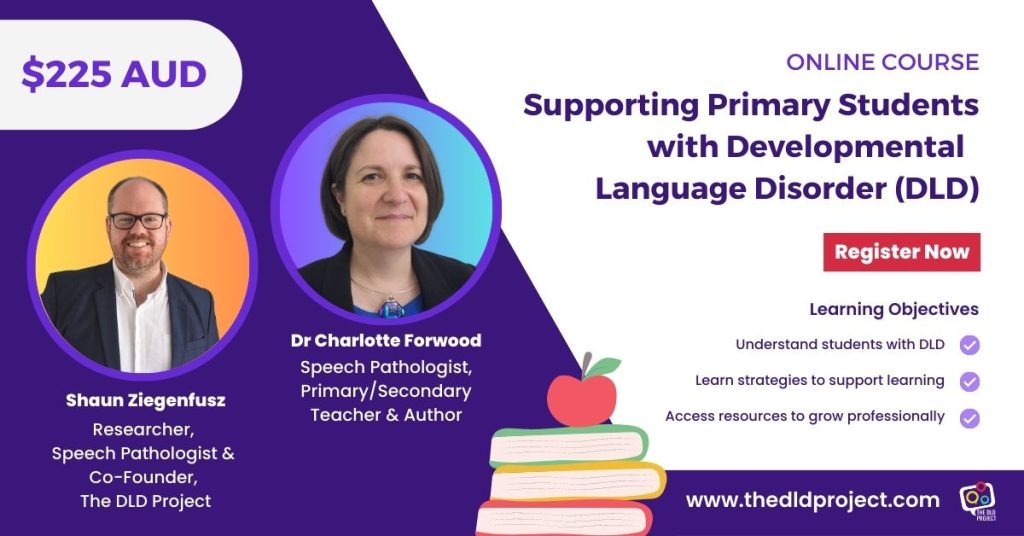
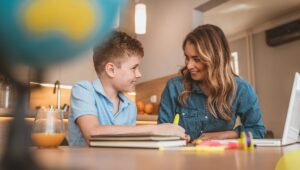
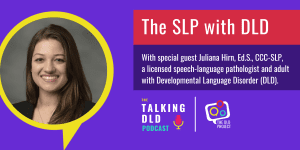
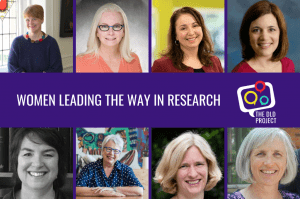
Very well presented. Every quote was awesome and thanks for sharing the content. Keep sharing and keep motivating others.